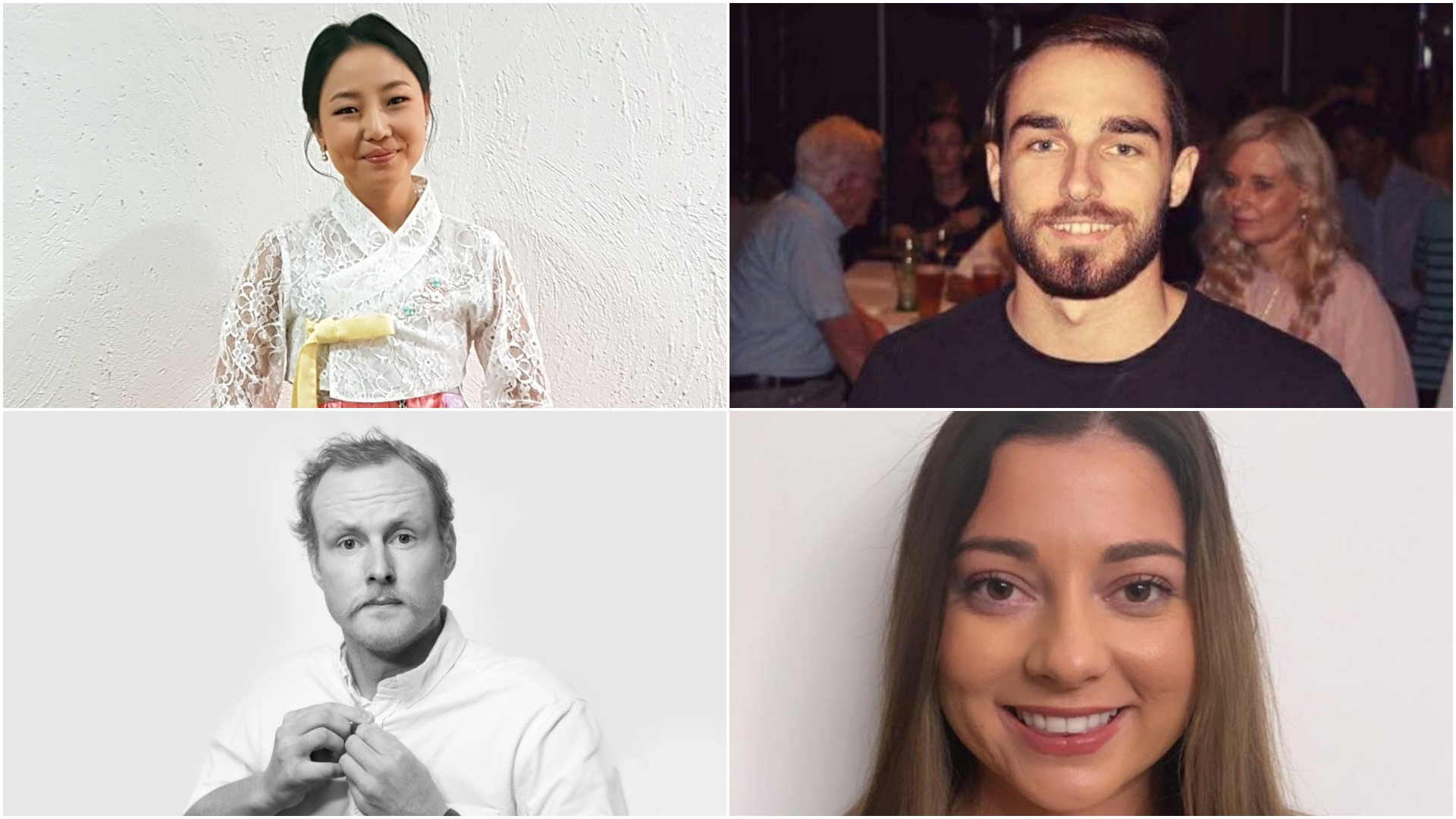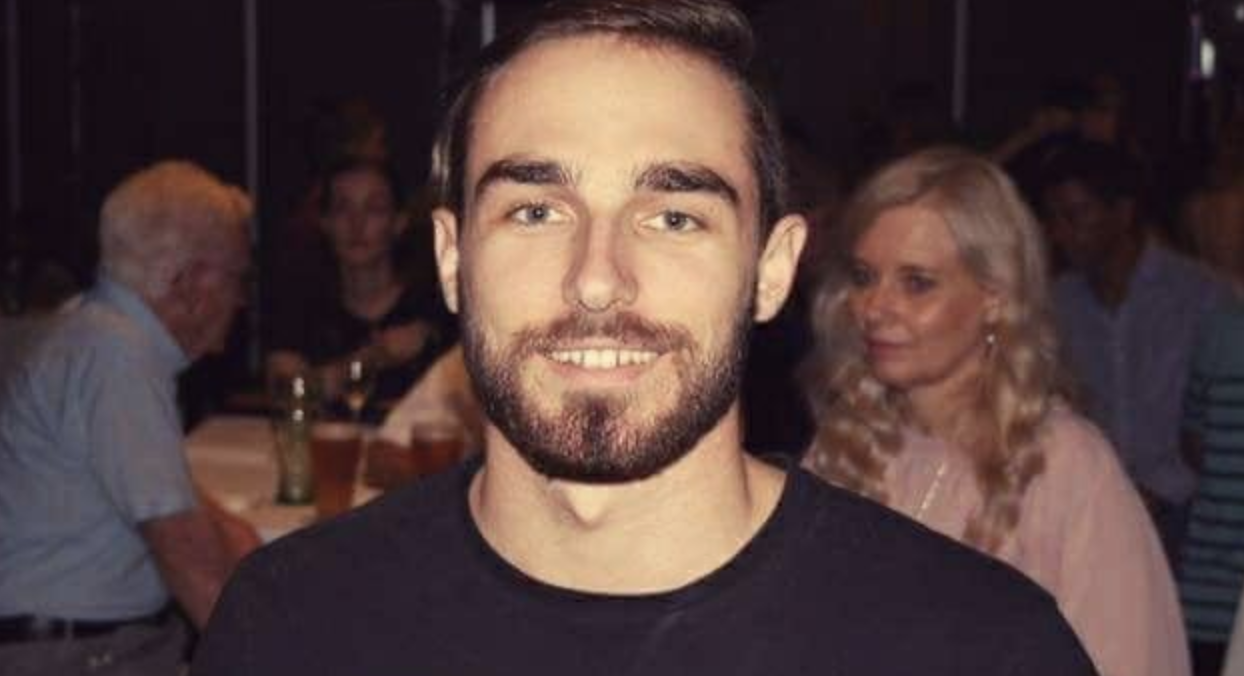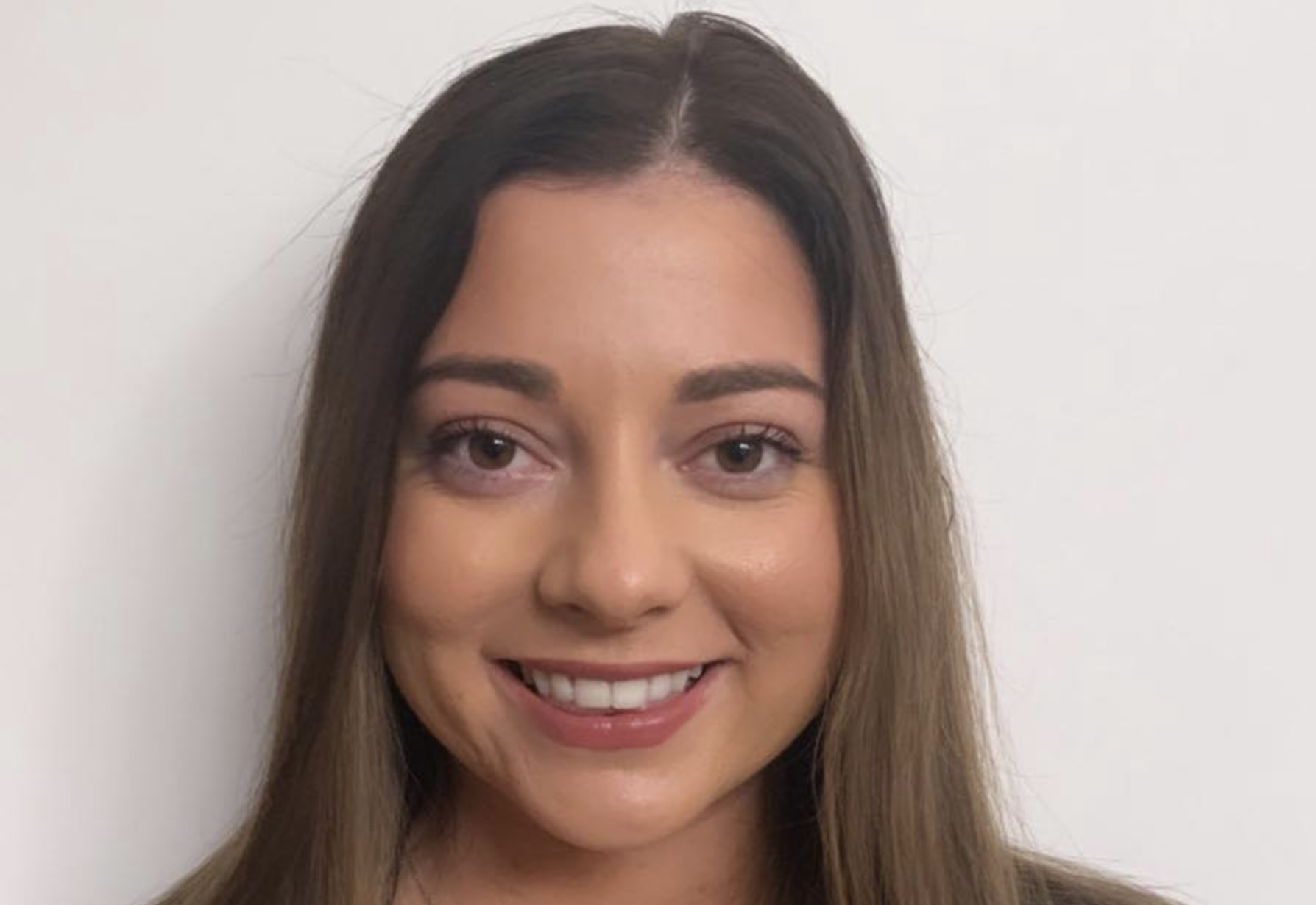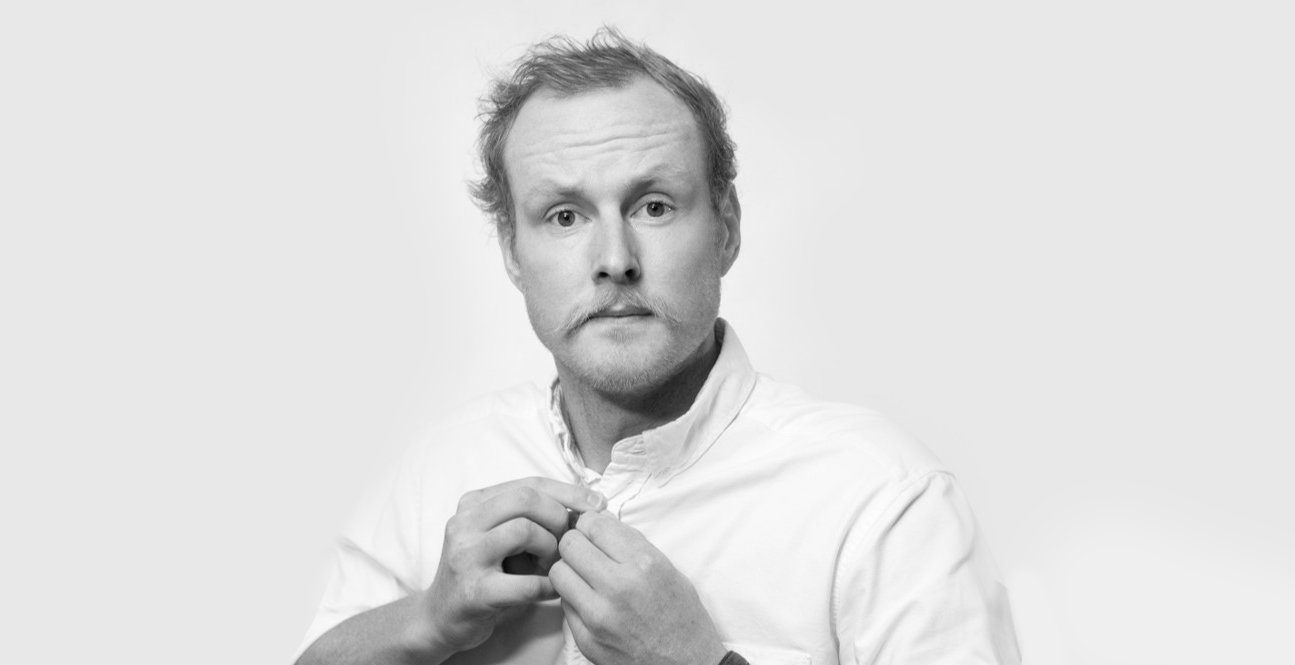Stalk more 30 Under 30 entrants before Friday’s deadline

There’s nothing like a deadline to force you to do that thing you’ve been shuffling around on your to-do list for weeks – so it’s time to get your heart pumping, your fingers typing, and your brain juices flowing to submit your entry for Radio Today’s 30 Under 30 Awards.
Entrants have until 11:59pm (AEDT) on Friday 23 October to submit their last-minute entries.
The 30 Under 30 Awards seek to recognise the most promising up-and-coming talent from all across the country working in fields including Sales, On-Air, Programming & Content, Marketing, Music, Production, News, Podcasting, Digital, and Campaigns.
To be eligible, you must be an Australian citizen, permanent resident or a New Zealand citizen living in Australia. Much like the title of the awards, you must have been aged 30 or under on 1 September, 2020, and have been employed in radio, audio or podcasting throughout the year.
Those who have recently lost their jobs, or changed industries due to the pandemic and economic conditions, are still eligible to enter and win.
Not sure what it takes to put together an eye-catching 30 Under 30 entry? Check out some promising entries already received by Radio Today below!
SUBMIT YOUR 30 UNDER 30 ENTRY HERE
Harnsle Joo, 25
Harnsle Joo kicked off her radio career by accosting Ben Fordham on the side of the road, and, as she says, “it paid off”.
For years later, she’s he’s now the EP on Nine Radio’s Afternoons program fronted by Deb Knight in Sydney.
She says she’s passionate about radio because it’s so special and personal, but she has some serious concerns for its future when it comes to being local, being accessible, and being connected.
What does Harnsle Joo believe is the biggest challenge facing the industry?
“The biggest challenge facing the industry is the decline in local content. Obviously, regional programming has been seriously reduced in recent times due to commercial pressures. But just like the decline in regional newspapers, this means local communities are losing their voice.
“It’s probably quite strange for the producer of a networked show to say this, but we make such an effort to create a local show for everyone listening. We currently broadcast through 2GB, 4BC, 2CC, 2LT, 4RO. We try to find great local yarns from each of these listening areas every day. And this is something all Nine Radio programs can be proud of.
“We also make a concerted effort to pick issues that all listeners can relate to, through local angles. We always encourage listeners to share the way events and issues are impacting them and their community.
“But often, this is ignored by colleagues in the industry more broadly. And it’s really impacting the way people feel about radio. They feel as though it’s not relatable or personable, and that their voice is not welcome.
“When listeners don’t feel welcome to have a say, we lose what sets us apart from other mainstream media – a personal relationship.
“They’re losing friends who are intimately aware of what’s going on in their communities – what’s impacting their lives.
“They’re losing a platform to air their very specific problems.
“I constantly remind myself and my team that listeners aren’t listening to Deborah Knight talking to 250,000 people – they’re having a conversation with their friend Deb.”
SUBMIT YOUR 30 UNDER 30 ENTRY HERE
Matthew Leadbeater, 23
Matthew Leadbeater is still in the first year of his professional radio career as a sales co-ordinator at Australian Radio Network (ARN). Already though, he focuses on successes which aren’t just his own.
“Professional success is when clients, managers and peers come back to you and let you know the lasting and positive impact you have had on them not only in a business sense, but also personally,” he says in his 30 Under 30 entry.
He says memories, knowledge and relationships are what it’s all about.
What does Matthew Leadbeater believe is the biggest challenge facing the industry?
“The rapid evolution of the media landscape. The old traditional approach is fast becoming obsolete, which is forcing the industry to change how it operates rapidly. Online streaming platforms are a big threat as well as the difference in demographics who are still listening to radio. Reminding young generations that radio can be a pivotal focus in their lives is going to be necessary for the industry to stay alive.”
SUBMIT YOUR 30 UNDER 30 ENTRY HERE
Cheandre Llewellyn, 24
Cheandre Llewellyn “lives and breathes news”, and unlike some ego-driven journalists, says she thrives off feedback.
“I am usually my own worst critic but I find it really helps me learn if someone, particularly a person who has profound experience in the industry, offers me advice I will usually take it,” she admits in her entry.
It’s not about her though. She says she defines success by how she treats others, and building rapport with the people she is interviewing, especially if they’re media shy or nervous.
What does Cheandre Llewellyn believe is the biggest challenge facing the industry?
“The media industry can be really tough – and you need to be a tough cookie but it is also one of the most rewarding ones.
“One of the biggest challenges I believe the media industry is facing is how to stay relevant in a world where social media dominates our daily life and influences how we access news. It is particularly challenging for radio presenters as many people are also choosing to stream music online. You can even stream news on Spotify now.
“This is why radio stations and presenters need to be engaging, truthful and focused on community content. Since starting my career I have been taught how to interact with people in the community which has really boosted my confidence over the years.
“On the other hand, radio does serve a purpose especially in instances such as natural disasters like the devastating bushfire season in Victoria and NSW. This year particularly with the coronavirus pandemic people have been relying on information from broadcasters, especially with breaking news stories every minute of the hour.
“Therefore, I believe radio has a strong future. Anyone can be a writer these days with the right platform. So, it is especially challenging for news writers to stay ahead of the game and as the media industry shrinks it will make it tough for young aspiring journalists which means they will have to be even more resilient.”
SUBMIT YOUR 30 UNDER 30 ENTRY HERE
Jordan Florence-Rieniets, 30
Jordan Florence-Rieniets works for NOVA Entertainment, but when he was starting off his career, the company was worried he might be “too triple J”.
He admits that in this particular meeting, he was a bit unkempt and potentially hungover, but now it’s eight years later, and, as he says, he’s “achieved a great deal since”.
“A yearning for understanding consumer behaviour drives me in the radio industry, but what excites me most at this point is playing a role in the growth of those around me, paying forward what I’ve learnt so far from great leaders who I admire, including the two that described me as a little too ‘triple J’,” he adds.
What does Jordan Florence-Rieniets believe is the biggest challenge facing the industry?
“Sure, we could talk of the threat of other media vying for commercial revenue from radio, of podcasts & streaming killing the radio star, or our slightly archaic way of measuring audience numbers, but I back in our industry’s ability to adapt and to overcome these tests.
“Our biggest obstacle lies deeper than that. It has implications on recruitment and retention of the brightest individuals. It reflects a greater societal concern and there is far more at stake than revenue dollars or time spent listening.
“The mental health and wellbeing of our employees is the biggest challenge facing our industry and one that must be addressed collectively.
“The joint 2018 study How Mentally Healthy Are We? (Everymind, Never Not Creative, UnLtd:) showed that nearly one in five employees in the Creative, Media and Marketing industries show severe symptoms of depression, compared to 12% in the national average. This is a staggering portion of our workforce.
“The radio industry should lead the charge in prioritising the wellbeing of employees above all else. We should actively increase mental health awareness, prioritise the development of personal resilience and job satisfaction, provide flexibility in work arrangements supporting achievable work-life balance, provide early intervention and support staff recovery from mental illness.
“In my opinion, the entire industry should work in collaboration on initiatives that provide training and guidelines on how to foster mentally healthy work environments but also how to respectfully raise awareness and provide guidance on reporting accurately and the language used in reporting. This would ensure that the industry is proactive in its approach and at the forefront of driving awareness, prevention and education of mental health in Australia.
“I’ve personally witnessed how the stress of expectations, unrealistic deadlines, barely attainable targets, and relentless workloads has led to some of the very brightest talent I’ve worked with to leave the radio industry. This is an indictment on our industry, and with wellbeing and lives at stake, one that requires a radical reset.”
30 Under 30 submissions close at 11:59pm (AEDT) on Friday, 23 October.
Applicants can submit entries in the following categories: Sales, On-Air, Programming & Content, Marketing, Music, Production, News, Podcasting, Digital, and Campaigns. Don’t worry if you’re not quite sure of the best fit for you – Radio Today can shift your category to give you the best chance of success based on the criteria.
Five finalists, and ultimately three winners, will be selected from each of the 10 categories. There will also be a publicly voted Reader’s Choice winner.






